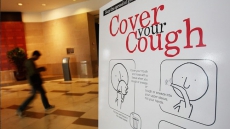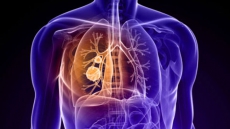Experiencing financial difficulties at university may increase the risk of developing an eating disorder among female students, a research has found.
Conversely, the study also found that having extreme attitudes to food and eating, such as feeling guilty after eating predicted short-term financial difficulties for female students, suggesting the possibility of a 'vicious cycle' occurring.
"There may be a vicious cycle' for these students, where negative attitudes towards eating increase the risk of financial difficulties in the short term, and those difficulties further exacerbate negative eating attitudes in the longer term," said lead author of the study Thomas Richardson from University of Southampton.
"It may be that those at a higher risk of having an eating disorder feel like they have no control over events in their life, such as their financial situation, and they may then restrict their eating as a way of exercising control in other areas of their life," Richardson said.
The researchers also looked at the relationship between socioeconomic status and eating attitudes. They found a greater persistence of potentially problematic eating attitudes in women from less affluent families.
Over 400 undergraduate students, from universities across Britain, completed surveys assessing family affluence, recent financial difficulties (for example being unable to afford heating or having to borrow money) and attitudes towards food and eating using the Eating Attitudes Test (EAT).
The EAT asks for responses to statements such as 'I feel extremely guilty after eating', 'I am preoccupied with a desire to be thinner', or 'I have the impulse to vomit after meals'.
The results indicated a relationship between financial situation and eating disorders in women, but not in men.
The study was published online in The International Journal of Eating Disorders.





